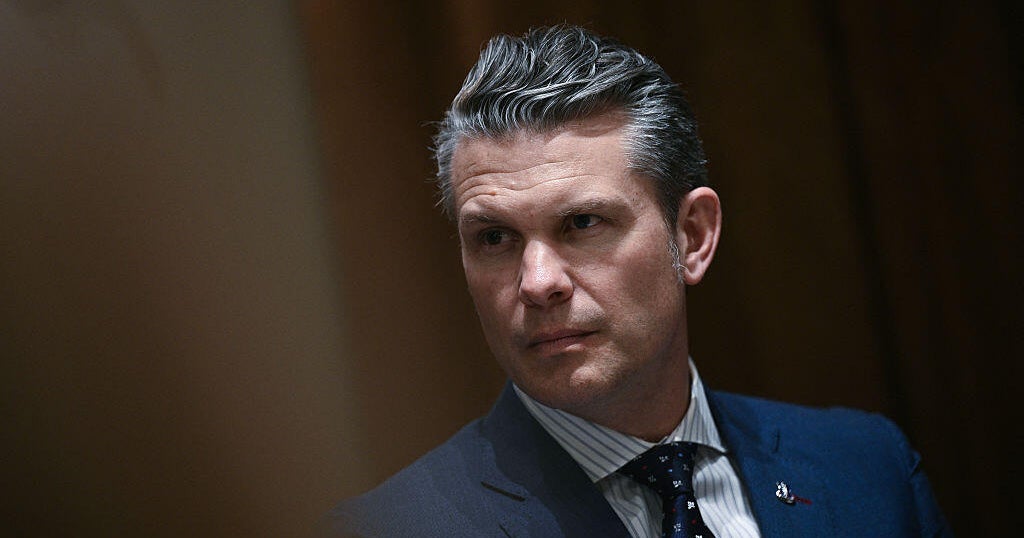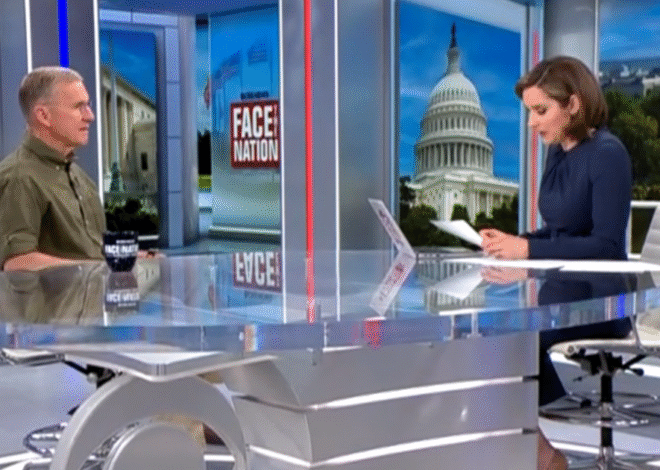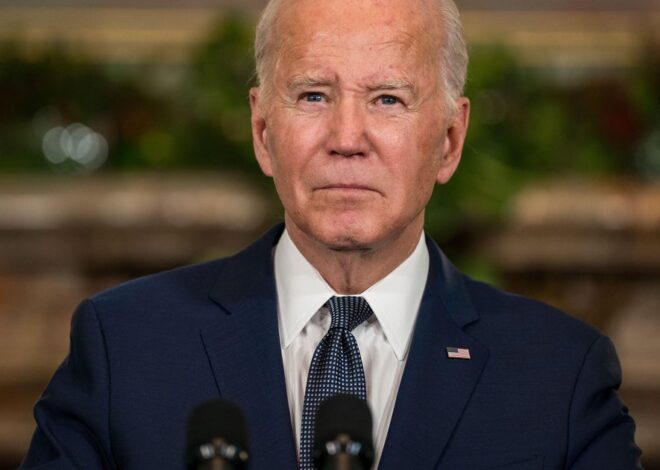
GOP Congressman Affirms Hegseth Halted Cyber Operations Against Russia, Contradicting Pentagon Denial
Military Directives and Cyber Operations
The buzz around the military’s actions started circulating when the Pentagon’s rapid response team made a notable statement. They posted on March 4 about a rumored pause in cyber operations targeting Russian threats. The message was quite direct: “Hegseth has neither canceled nor delayed any cyber operations directed against malicious Russian targets and there has been no stand-down order whatsoever from that priority.” I couldn’t help but feel a twinge of relief mixed with skepticism – these things can be so complex.
But let’s take a step back. Earlier, in February, there had been reports from The Guardian, a well-known news outlet, that suggested something different. They were among the first to bring to light the existence of this directive. So when Bacon, a key figure, finally spoke on the record, it was both surprising and reassuring. It was like putting a puzzle piece into place, though the picture wasn’t entirely clear yet.
Official Responses and Public Perception
The Pentagon’s firm statement on X felt like an attempt to settle nerves. But at the same time, the Trump administration’s handling of inquiries added layers of intrigue. They chose to stonewall and deny any suggestion that a pause had been ordered. This kind of response always leaves room for doubt and speculation. Personally, it made me think about how governments communicate – or sometimes don’t – with the public on sensitive issues.
Reflecting on this situation, I’m reminded of how critical transparency is in maintaining public trust. When information is withheld or denied, it tends to fuel rumors rather than quelling them. It’s as if everyone is left hanging, trying to piece together what’s really happening from snippets here and there.
Understanding Military Strategies
Cyber operations, especially those involving national security threats like malicious actors from other countries, are intricate and sensitive. They often operate in the shadows – out of sight from everyday folks like us – but their impact is very real. The Pentagon’s insistence that there was no pause highlights how crucial these operations are perceived to be.
I wonder about the strategic decisions behind such operations – what factors come into play when determining priorities? While we’re not privy to all details (and maybe it’s better that way for security reasons), it’s fascinating and slightly unsettling to think about the digital battles being fought quietly every day.
These incidents remind us how interconnected our world is now, where decisions made in one government office can ripple out globally. As technology continues to evolve, perhaps we’ll see even more of these stories come to light.



